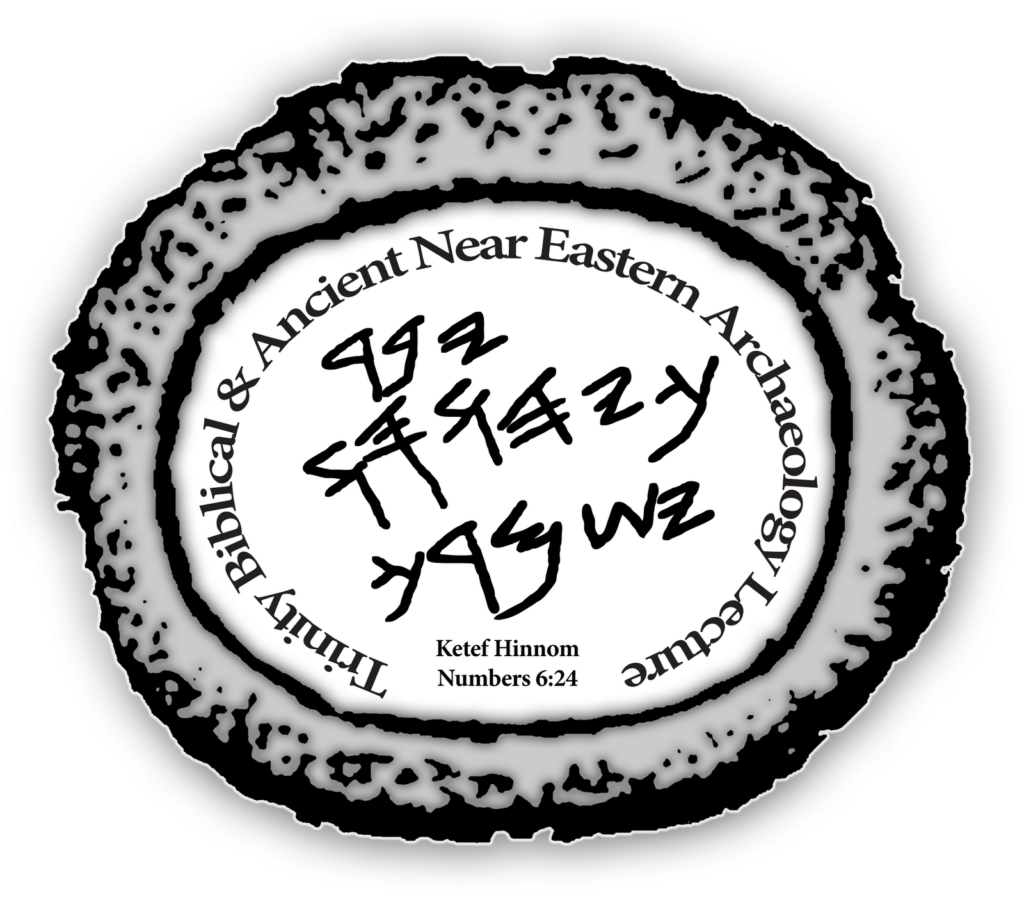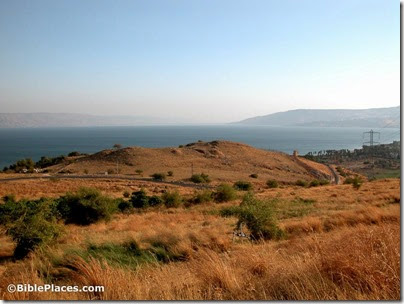Heidelberg Colloquium on the Subject of Aram and Israel: Cultural Interaction, Political Borders and Construction of Identity during the Early Iron Age (12th–8th Centuries BCE)
IWH Symposium, September 1-4, 2014
IWH Hauptstrasse 242, Heidelberg
Organisation: Prof. Manfred Oeming, Dr. Omer Sergi, Dr. Izaak de Hulster
Monday, Sept. 1, 2014
14:00-14:30: Introduction
14:00-14:10: Peter Comba, Manfred Oeming, Greetings
14:10-14:30: Omer Sergi and Izaak de Hulster, Historical Outline for Aram and Israel
First Session: Jordan Valley between Aram and Israel: Archaeological Perspectives
Chair: Izaak de Hulster
14:30-15:15: Amihai Mazar, Looking for Aramaean Impact in the Beth-Shean Valley in Light of the Excavations at Tel Beth Shean and Tel Rehov
15:15-16:00: Stefan Münger, Who, When, and Why–Investigating Cultural Footprints at Early Iron Age Tel Kinrot
16:30-17:15: Nava Panitz-Cohen, Aram-Maacah? Aramaeans and Israelites on the Border: Excavations at Tel Abil al-Qameh (Abel Beth Maacah) in Northern Israel
17:15-18:00: Yifat Thareani, Enemy at the Gates? The Archaeological Visibility of the Aramaeans at Dan
18:00-18:30: Discussion
Tuesday, Sept. 2, 2014
Second Session: Aspects of Material Culture between Aram and Israel
Chair: Omer Sergi
9:00-9:45: Izaak de Hulster, The Aram–Israel Border Zone: Two Comparative Iconographic Case Studies
9:45-10:30: Benjamin Sass, Aram and Israel during the Early Iron Age (12th-8th Centuries BCE): The Alphabet
11:00-11:45: Assaf Kleiman, Dating the Aramaean Campaigns to the Southern Levant: A Gradual Process of Destructions?
11:45-12:30: Aren Maeir, The Aramaean Involvement in the Southern Levant: Case Studies for Identifying the Archaeological Evidence
12:30-13:00: Discussion
Third Session: Aramaean Identity in Changing Cultural Contexts
Chair: Jan Christian Gertz
14:30-15:15: Christoph Uehlinger, What are We Looking for when dealing with ‘Identity’ and the ‘Construction of Identity’ in Levantine Societies of the Iron Age? (with an Excursus on the Bethsaida Stela)
15:15-16:00: Guy Bunnens, Tradition, Innovation and Cultural Borders in Aramaean Syria
16:30-17:15: Stefania Mazzoni, Identity and Multiculturality in the Northern Levant of the 9th-7th century B.C. with a Case Study on Tell Afis
17:15-18:00: Herbert Niehr, The Power of Language:, Language Situation and Language Politics in Sam’ al
18:00-18:30: Discussion
Wednesday, Sept. 3, 2014
Fourth Session: The Border Zone between Aram and Israel: Historical Reflections
Chair: Juha Pakkala
9:00-9:45: Israel Finkelstein, Aram and Israel: Some Cultural and Historical Reflections
9:45-10:30: Erhard Blum, The ‘Borders’ between Israel and Aram-Damascus in the 9th-8th Centuries BCE according to Biblical and Epigraphical Sources
11:00-11:45: Omer Sergi, Gilead between Aram and Israel: Some Historical and Historiographical Considerations
11:45-12:30: Jutta Häser, Tell Zira’a in the Iron Age
12:30-13:00: Discussion
Fifth Session: Historical Memory of Aram in Israel’s Bible
Chair: Dorothea Erbele-Küster
14:30-15:15: Manfred Oeming, “And the King of Aram was at War with Israel”– The Construction of the Aramaean as an Enemy in the Elisha Cycle 2 King 2-13.
15:15-16:00: Matthias Köckert, Jacob Cycle and the Aramaean Identity of Israel
16:30-17:15: Angelika Berlejung, Family Ties: Constructed Memories about Aram and the Aramaeans in the Old Testament – “God’s People Network”
17:15-18:00: Nili Wazana, “My Father was a Wandering Aramaean”: The Implications for Israelite Identity
18:00-18:30: Discussion
Thursday, Sept. 4, 2014
Concluding Session: Israel among the Aramaeans
Chair: Manfred Oeming
9:00-10:30: Concluding discussion
The Colloquium is supported by: Heidelberg University, Fritz Thyssen Stiftung, Deutsche Forschungsgemeinschaft
The program is available in pdf format here.
Another topic that seems relevant to this conference: Textual Witnesses to the Aramean Oppression of Israel in the Late Ninth Century. And another: Archaeological Evidence for the Aramean Route to Philistine Gath. I’ve written on both in my dissertation.
HT: Jack Sasson
Tell Chinnereth (Tel Kinrot) and the Sea of Galilee
Photo from volume 1




